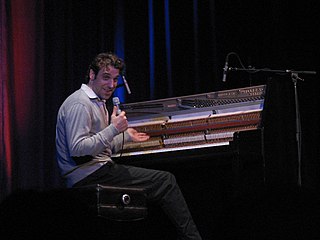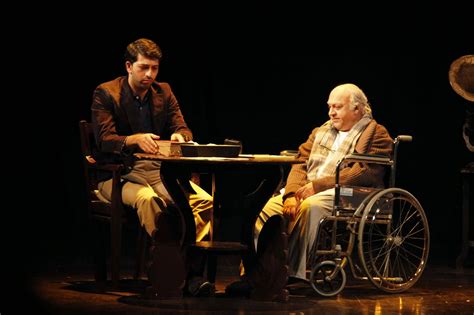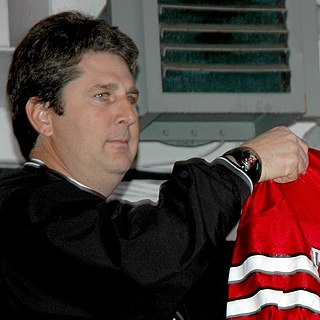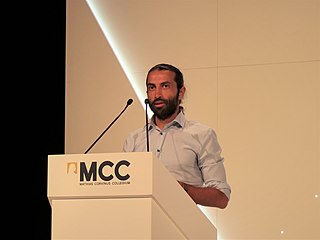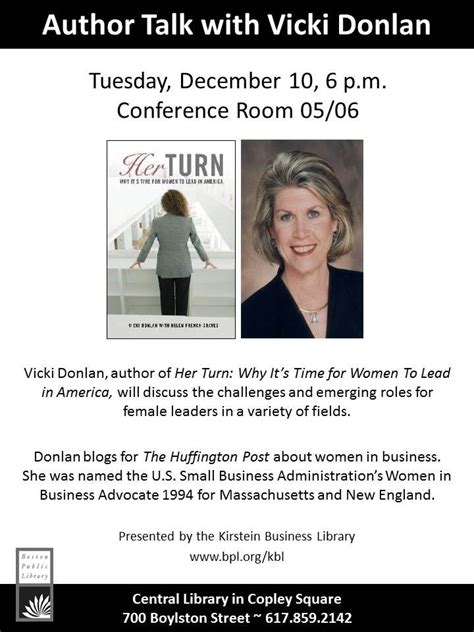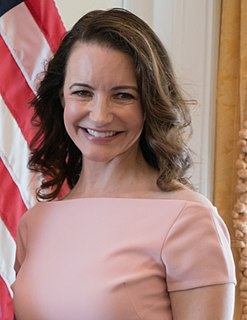A Quote by Nina Simone
I think if I were over there in America, protest music would be more important. But I'm not going.
Related Quotes
I think I gave indications early on that mine wasn't just going to be a commercial, er, career. If that were the case, then the first record would have been 10 versions of 'Loser.' I always thought it would be interesting if there was no such thing as gold and platinum records, or record deals, and people were just making music. What would the music sound like?
If you're going to point out the ridiculousness of a rule, it's naïve to think that you can break it. It's the same way that rappers have embraced capitalism. Some people say they liked it better when rap was a literal protest form in the '90s. But I think it's more a form of protest today, because it's telling the story of what happens once something forbidden is within reach. I think rap is more political today when it speaks about luxury watches than it does about fighting the power.
We've got a form of brainwashing going on in our country…. Do you know how they brainwash people? They repeat something over and over. And that's what we do in this country. Owning things is good. More money is good. More property is good. More commercialism is good. MORE IS GOOD. MORE IS GOOD. We repeat it--and have it repeated to us--over and over until nobody bothers to even think otherwise. The average person is so fogged up by all this, he has no perspective on what's really important anymore.
We had to do something at [a festival in Washington, D.C.]. I remember Chris Martin, by then we all knew him, there were certain people who were regulars. He would say, "Oh, my God, you guys, I think I'm going to throw up." It was a daytime festival, and they went on right after some really heavy band, and he was saying, "I don't think I can do this. I think I'm going to throw up." He was in the bathroom thinking he was going to be sick. He said, "They're going to hate us." In fact, they hated them. They hated Coldplay - did not go over well. His instincts were correct.
I asked myself what Palestinians would do if Israel disappeared-if everything not only went back to the way it was before 1948 but if all the Jewish people abandoned the Holy Land and were scattered again. And for the first time, I knew the answer. We would still fight. Over nothing. Over a girl without a head scarf. Over who was toughest and most important. Over who would make the rules and who would get the best seat.
So when I say that I think we would have a different ethical level, particularly in corporate America, if there were more women involved, I mean that what women are best at is asking questions. Women ask questions over and over again. It drives men nuts. Women tend to ask the detailed questions; they want to know the answers.
In a different moment, in the 60s and 70s, I did believe we were going to succeed - that we were going to create a revolution, that America was going to be a completely transformed nation state and that there would be an amazingly different set of beliefs; that this country would reflect. And I thought that that was the fulfillment of the American democratic dream and I believed in it passionately.
I think that the drama of people rising up demanding their own freedom is one that resonates very deeply with America. I think that President Barack Obama has tried and would like to find a way to relate to the Arab Spring, but I think he also wants to be, rightly, very careful that we don't take it over. It is very important that they own this. He is trying to influence it this way but without, "We're so never going to go to the extreme of Iraq and putting boots on the ground again."
Growing up, I didn't have any comic books, at all. But my friend had a trunk full of them, so comic books were like candy for me. I would go over to his house for a sleep-over, and I would just be devouring everything I could get my hands on. I knew the sleep-over was going to be over, and I was going to go back to my house and it was going to be Kipling.
There is quite an important director in Germany who I think in the early fifties over here, and then went back, and he said something that's absolutely true. And it's more important to repeat that today than it ever was. Not for you, but for us over there it is important. He said, 'In America they make movies like art, and sell it like commodities. We make make movies like commodities and sell them like art.'



